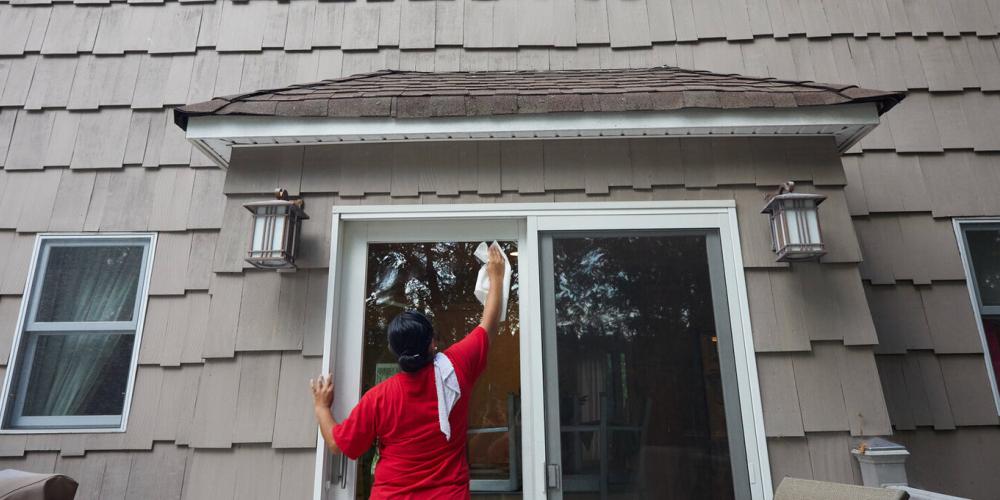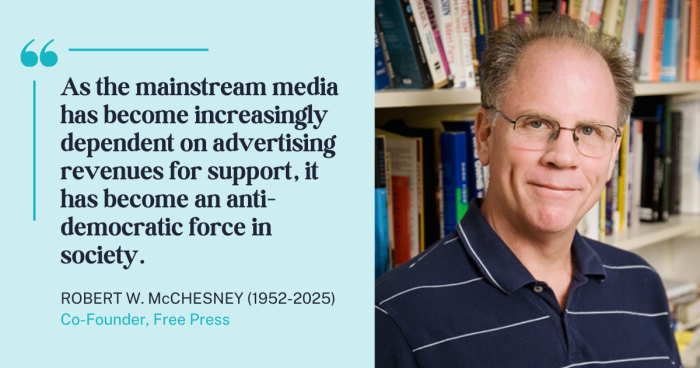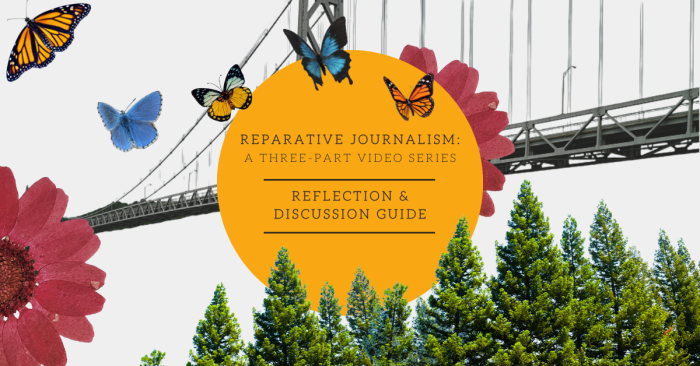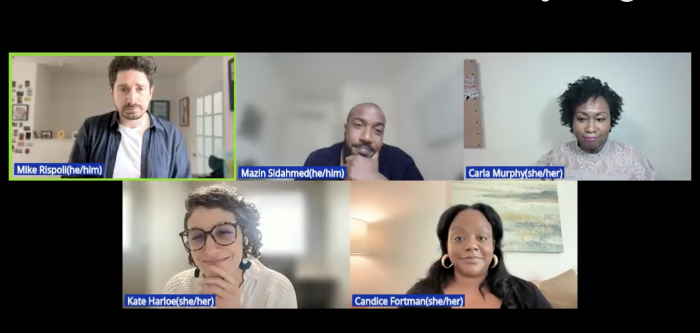Powerful Stories of Economic Insecurity in New Jersey

New Jersey consistently ranks as one of the most expensive states in the country to live in.
That’s not news to the millions of residents who struggle to afford basic necessities. In 2016, the United Way of Northern New Jersey found that a whopping 37 percent of Garden State households — more than 1.2 million — live below the ALICE threshold. ALICE stands for Asset Limited, Income Constrained, Employed, and represents people who earn above the federal poverty level, but less than what it takes to survive.
And it’s those people who are experiencing poverty who inspired 37 Voices.
Community-led collaboration
An ambitious multimedia project, 37 Voices is a collaboration among New Brunswick-based group coLAB Arts, Free Press, the United Way of Northern New Jersey, and many community and statewide partners. The site housing this work launched earlier this month.
37 Voices has its roots in the work Free Press has been doing in New Brunswick since 2015. At our first News Voices event, residents expressed a need for more coverage of economic inequality in the city, and a desire to see local Rutgers University students out in the community. This feedback — coupled with the release of the ALICE report — inspired a 2017 partnership between Rutgers University’s NJ Spark and Free Press that told the stories of New Brunswick’s working poor.
Our ally coLAB Arts reached out to see if there was a way to team up and expand the scope of the project. The group had an ambitious idea: Could community partners from a variety of expertise areas change the narrative around what it means to experience poverty?
Over the course of 18 months, the project brought on journalists, artists, oral historians, researchers, social workers and advocates to collaborate on 37 Voices. The team met, learned from one another, talked about authentic storytelling, and brainstormed about the kinds of information people experiencing economic hardship needed to help navigate the world and move out of poverty.
The journalists worked with oral historians to learn how to ask questions in ways that would allow interviewees to be vulnerable and discuss personal information. The stories the journalism team collected were recorded and turned into podcasts and transcripts, which allowed the reporters to share interviews with one another to help produce various written pieces.
Newest Americans, an innovative art and documentary project chronicling the immigrant experience in Newark, produced photo essays about domestic workers, a largely immigrant workforce that works long hours for wages that don’t enable them to afford basic necessities.
In total, the journalism team interviewed 37 residents of Middlesex and Essex Counties who are struggling to get by. Transcripts and recordings of the remaining interviews will be added over the upcoming months.
Among those are the stories of Alexandra, who survived a brutal sexual assault at a young age and was placed in detention centers and shelters after she ran away multiple times; Margarita Rivera, who came to New Jersey from Puerto Rico in the aftermath of Hurricane Maria; Monica, an undocumented immigrant and single mother from Ecuador who’s worked a string of low-paying jobs; Mohammad Chowdhury, who has significant student-loan debt; and John Pollard, who has struggled to find employment and housing due to systemic discrimination against formerly incarcerated people.
Impossible choices
The journalism on the site includes powerful stories covering the school-to-prison pipeline, health care, education and what it’s like to subsist on a survival budget that leaves no room for unexpected spending.
A number of the people interviewed said that they must make difficult choices every day: to take care of one medical need versus another; to pay for gas but do without a stable home. They describe lives where there is no room for trial and error.
Highland Park resident Lizette Thomas works two jobs. She cares for her teenage son, who has autism, and her mother, who has many health-care needs. Journalist Hank Kalet interviewed her for his piece “You don’t know what’s going to happen tomorrow.”
“Every single penny is accounted for,” Thomas told Kalet. “And you know, you have to pay the rent, you have to pay car insurance, [utilities], the cellphones, gas for the car, food, clothes for my son, my mom, medication, you know if I have one or two extra bills, and it just goes on and on and on, and there’s no — I really have no extra money. I literally live paycheck to paycheck. So, yeah, it’s very, very difficult.”
The piece “I have to choose [between] going to the doctor and eating” chronicles the heartbreaking decisions many New Jerseyans must make in the absence of a genuine social-safety net.
Monroe Township residents Bill and Rose Morgan, who have been married for 60 years, have always lived modestly. But they’re struggling to make ends meet in retirement, in large part due to skyrocketing health-care costs. They pay $400 per month for Bill’s heart medication alone.
Bill worked for 22 years as a school custodian but lost his job when the district outsourced it. “He lost all his medical and half of his pension because of that,” Rose told journalist Kristine Villanueva. “And because it wasn’t 25 years, he lost. Think of that.”
Newest Americans created two moving photo essays for 37 Voices. The pieces center on two domestic workers: Maricela Bendito, who came to the United States from Mexico in 1999, and Ursula Simone de Assis, who came to the country from Brazil 30 years ago.
Bendito runs her own cleaning business. She’s able to provide health insurance for her three children but is unable to afford it for herself. “Only the rich can afford to get sick here. But not us,” she told journalist Shana Russell.
A DACA recipient, Bendito also volunteers as an organizer who mobilizes fellow undocumented immigrants. Some of her clients question her about her immigration status. “At the end of the day,” she says, “they are not hiring an American. They’re hiring an immigrant who is going to clean their house.”
Connecting story to structures
Powerful and authentic storytelling, though, tells only one side of the experience of poverty. Project partners felt that it was important to connect people’s stories to the underlying policies and structures that can alleviate — or exacerbate — economic insecurity.
New Jersey Policy Perspective created a database of the interview transcripts and linked them to research that relates to each person’s story. On the 37 Voices site, users can search for a range of topics — affordable housing, health care, homelessness and so on — to bring up interviews pertaining to each of these issues.
You can search our interview database here.
With all of these narratives in hand, coLAB Arts is developing a play that compiles the 37 stories the journalism team collected. The group has presented pop-up shows and monologues around the state over the past few months, and in 2020, coLAB Arts will stage the full production. Find out more on the events calendar.
In an era in which income inequality is widening and the fundamental rights of poor people, immigrants and people of color are under attack, 37 Voices shows what can happen when community organizations collaborate with journalists to examine urgent social issues. Explore the site here.
If you live in New Jersey, we want to hear from you: What’s been your experience with economic insecurity? We’re continuing to collect stories from people around the state to showcase the reality of experiencing poverty. Share your story here.





